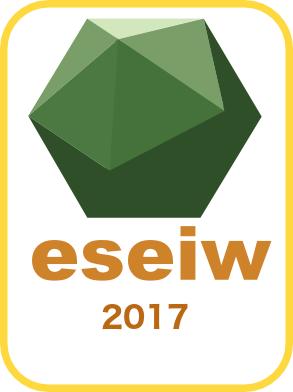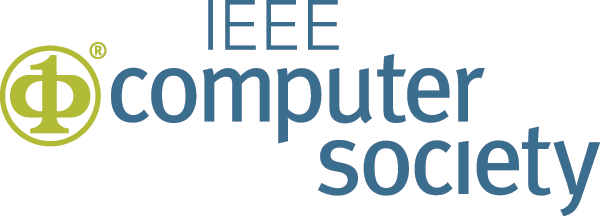IASESE 2017
Product Development and Innovation with Continuous Experimentation
Empirical Software Engineering is often linked with investigation instruments such as experiments or case studies depending on the level of control, or survey research to capture a (large) population’s opinion about selected phenomena.
When developing a new product or service, working out those features that really create value is, however, hard. Empirical Software Engineering provides instruments, e.g., to evaluate products, techniques, and tools. Nevertheless, applying these instruments to real development projects and to steer development and improvement just in time is challenged by rapid product development and delivery cycles. Empirical soundness and practical needs are clashing.
As part of the Continuous Software Engineering approach, Continuous Experimentation helps identifying valuable features by using proven scientific methods. A continuously evaluated development helps collecting and analyzing data to identify the next steps in the development process to support a maximum of value delivered to customers.
As such, Continuous Experimentation is a powerful asset in the toolboxes of researchers and practitioners alike.
Learning Objectives:
In this edition of the International Advanced School of Empirical Software Engineering, we will show how a collaborative Continuous Software Engineering can be implemented utilizing empirical instruments in general and Continuous Experimentation in particular.
The school will cover the following aspects:
- Introduction to relevant empirical instruments, in particular the Experimentation Process, and location of this research method in the general context of Software Engineering research.
- Continuous Experimentation Process: a general framework to understand the specific components in the design and implementation of Continuous Experimentation.
- Industry-Academia Collaboration: how to set up a collaboration between industry and academia implemented in a beneficial way.
- Data Collection and Measurement: how to design and implement data collection strategies and, in particular, how to find meaningful metrics.
The presentations will mix theoretical background, examples, and discussions on case studies that participants are encouraged to bring to the general discussion. We plan to initiate group work to design and discuss practical use cases for continuous experimentation in product development.
Who Should Attend?
Anyone considering or planning to implement a strong industry-academia collaboration using empirical instruments to foster product development and improvement. Anyone interested in taking an empirically sound snapshot the Software Engineering practice.
What Will Participants Take Away?
Participants will get a general planning and design method for Continuous Experimentation and an experience-based report on establishing industry-academia collaboration. In addition, the most common pitfalls concerning effective measurement will be discussed to help overcoming them. Hands-on experience is targeted by performing group-work to execute practical examples.
Organization
Co-Chairs:- Marco Kuhrmann, Clausthal University of Technology, Germany
- Günther Ruhe, University of Calgary, Canada
- Marco Kuhrmann, Clausthal University of Technology, Germany
- Jürgen Münch, Reutlingen University, Germany
- Michael Felderer, University of Innsbruck, Austria
- Andreas Jedlischka, Fraunhofer IESE, Germany
- Günther Ruhe, University of Calgary, Canada






